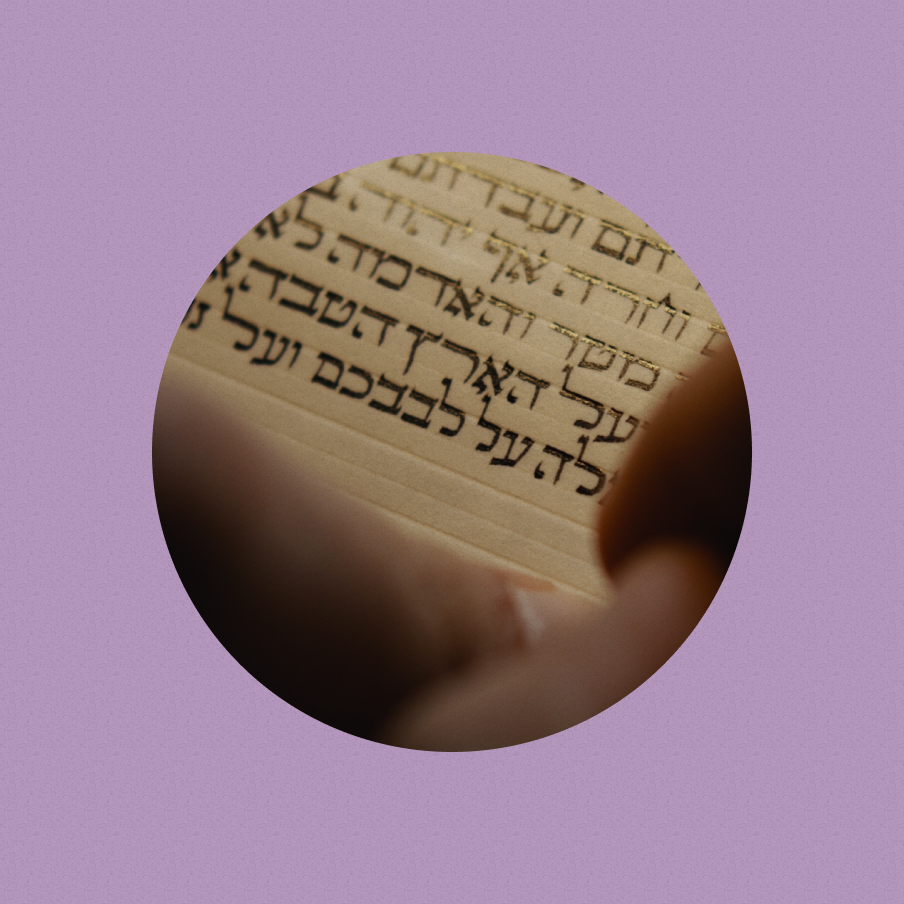
REL 3465 | Religion & the Meaning of Life
The Paradox of Our Humanity: Field Assignment 1
"... we intensely want our lives to be meaningful, to count for something, to ma er not only in the individual and social ways, but in a ‘cosmic’ way."
Listen on
GEA FIELD ASSIGNMENT #1
For this field assignment, you shall write a minimum of 2 pages (no maximum), double-spaced, and using 12pt Times New Roman font, addressing what is known by Clifford Williams as the ‘paradox of our humanity.’ By this, Williams means that “we intensely want our lives to be meaningful, to count for something, to ma er not only in the individual and social ways, but in a ‘cosmic’ way. At the same time, we often evade thinking about meaning and let ourselves be driven by impulse instead of meaningfulness” (2020, I).
Your primary resources for this assignment will be Religion and the Meaning of Life (2020), by Clifford Williams, and the New York Times article, “Happiness 101,” by D.T. Max. Additionally, you should find and cite at least one more scholarly source from Lib.USF.Edu to support your answers to the questions below. (Note: For this assignment, you may use whichever citation style you prefer – MLA, APA, Chicago, etc.).
Within your paper, please be sure to substantively answer the following 4 questions:
- In your own words, how would you describe the ‘paradox of our humanity’? Draw on an example from your personal experience to support your description.
- In Happiness 101, Max speaks about consequences related to being on the ‘hedonic treadmill.’ What is this syndrome, and how is it related to the paradox of our humanity that Williams addresses?
- After reviewing the UN Sustainable Development Goals, look more closely at Goal 16: The Promotion of Peace, Justice, & Strong Institutions. Imagine for a moment that our local and global communities began to discover the ways that happiness and meaning ensue at the individual level as a result of one’s commitment to a noble cause. How would a life marked by pursuing meaning in this way look different than a life marked by the hedonic treadmill, and what effect might such a life have on the promotion of peace, justice, and strong institutions? Can you think of a moral exemplar from a tradition that you admire as an example to support your claim?
- After reading the primary sources for this GEA Field Assignment, has your own view of the pursuit of meaning changed at all? If so, how?
GEA FIELD ASSIGNMENT #1
For this field assignment, you shall write a minimum of 2 pages (no maximum), double-spaced, and using 12pt Times New Roman font, addressing what is known by Clifford Williams as the ‘paradox of our humanity.’ By this, Williams means that “we intensely want our lives to be meaningful, to count for something, to ma er not only in the individual and social ways, but in a ‘cosmic’ way. At the same time, we often evade thinking about meaning and let ourselves be driven by impulse instead of meaningfulness” (2020, I).
Your primary resources for this assignment will be Religion and the Meaning of Life (2020), by Clifford Williams, and the New York Times article, “Happiness 101,” by D.T. Max. Additionally, you should find and cite at least one more scholarly source from Lib.USF.Edu to support your answers to the questions below. (Note: For this assignment, you may use whichever citation style you prefer – MLA, APA, Chicago, etc.).
Within your paper, please be sure to substantively answer the following 4 questions:
- In your own words, how would you describe the ‘paradox of our humanity’? Draw on an example from your personal experience to support your description.
- In Happiness 101, Max speaks about consequences related to being on the ‘hedonic treadmill.’ What is this syndrome, and how is it related to the paradox of our humanity that Williams addresses?
- After reviewing the UN Sustainable Development Goals, look more closely at Goal 16: The Promotion of Peace, Justice, & Strong Institutions. Imagine for a moment that our local and global communities began to discover the ways that happiness and meaning ensue at the individual level as a result of one’s commitment to a noble cause. How would a life marked by pursuing meaning in this way look different than a life marked by the hedonic treadmill, and what effect might such a life have on the promotion of peace, justice, and strong institutions? Can you think of a moral exemplar from a tradition that you admire as an example to support your claim?
- After reading the primary sources for this GEA Field Assignment, has your own view of the pursuit of meaning changed at all? If so, how?
























